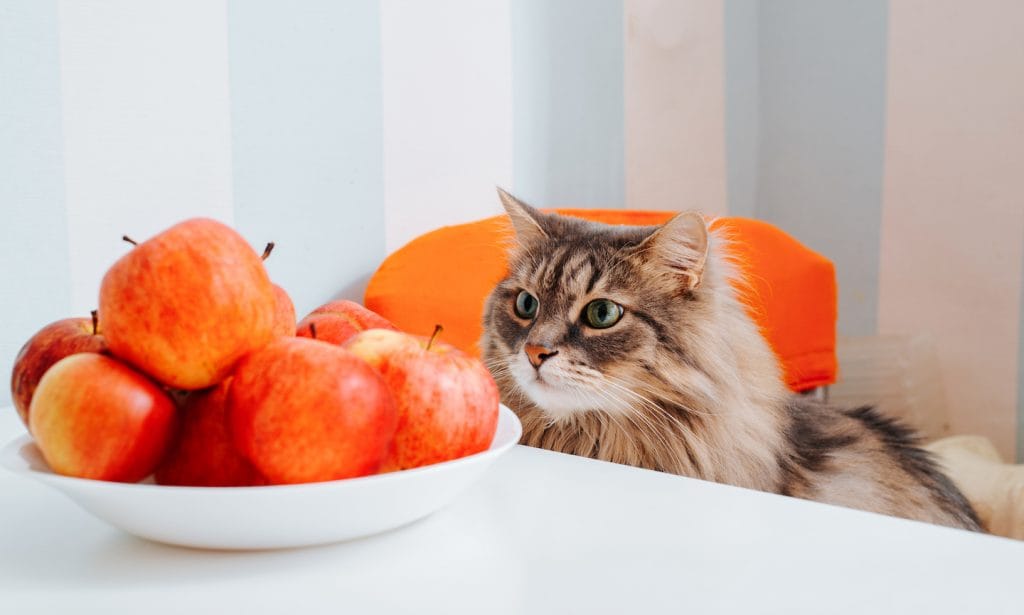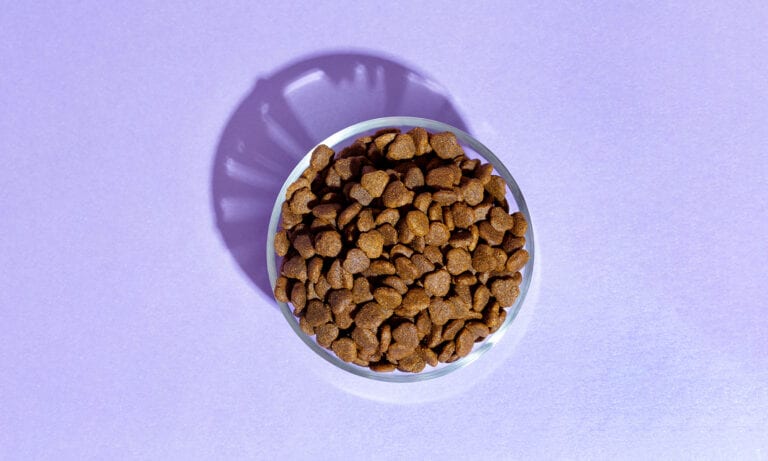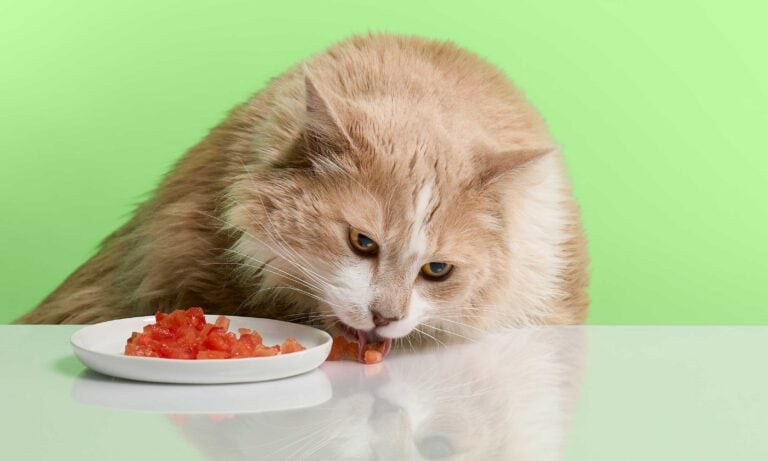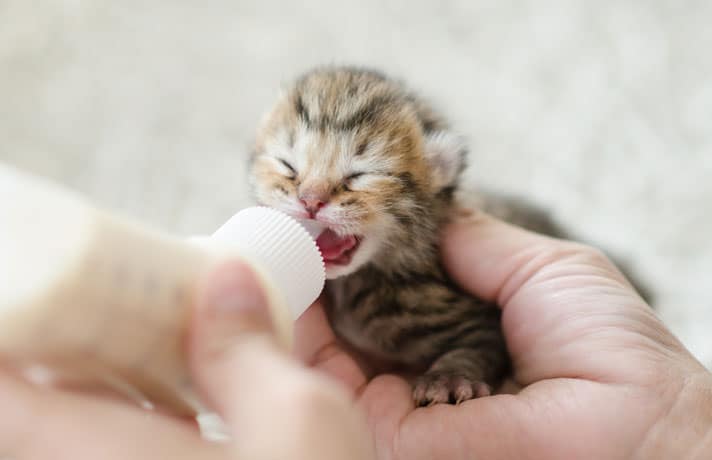Searching for a healthy snack for your cat? Fortunately, you don’t have to look much further than your own pantry for some cat-safe foods to feed your pet. And once you find out what human foods cats can eat, you can start getting creative by making your kitty delicious DIY cat treats.
Read on to discover which feline-friendly human foods are expert-recommended, so you can start feeding your cat like every other family member.
Healthy Human Foods Cats Can Eat
1 Salmon
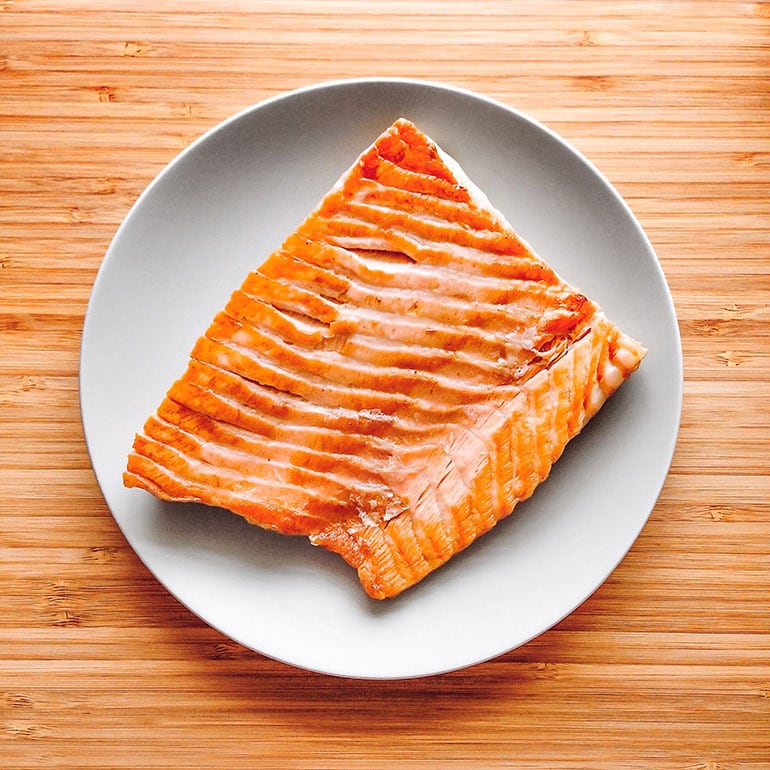
A good source of protein and omega-3 fatty acids, salmon can be a delicious and tasty treat for cats and is often already found in commercial cat food, said Dr. Tina Wismer, medical director at the ASPCA Animal Poison Control Center. While some cat-friendly human foods can be fed to your cat raw, make sure to give her only cooked salmon, Dr. Wismer said.
PureBits salmon freeze-dried cat treats make it easy to feed your cat salmon with all of the benefits and none of the cleanup.
2 Spinach
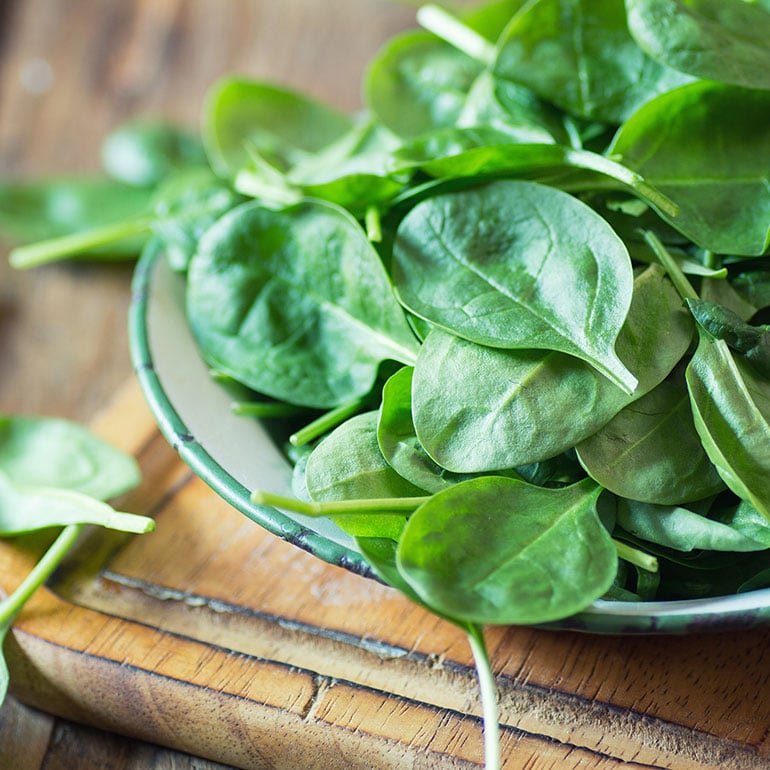
Full of vitamins and minerals including vitamins A, C and K, iron and calcium, spinach can be a healthy, cat-friendly treat, according to Dr. Wismer. However, if your cat has history of calcium oxalate bladder stones, you should avoid giving them spinach.
Different cat foods also include spinach as an ingredient due to its vast health benefits. Purina Beyond Grain-Free ocean whitefish and spinach canned cat food features spinach within the top five ingredients for a natural, pate-style food for adult cats.
3 Cantaloupe
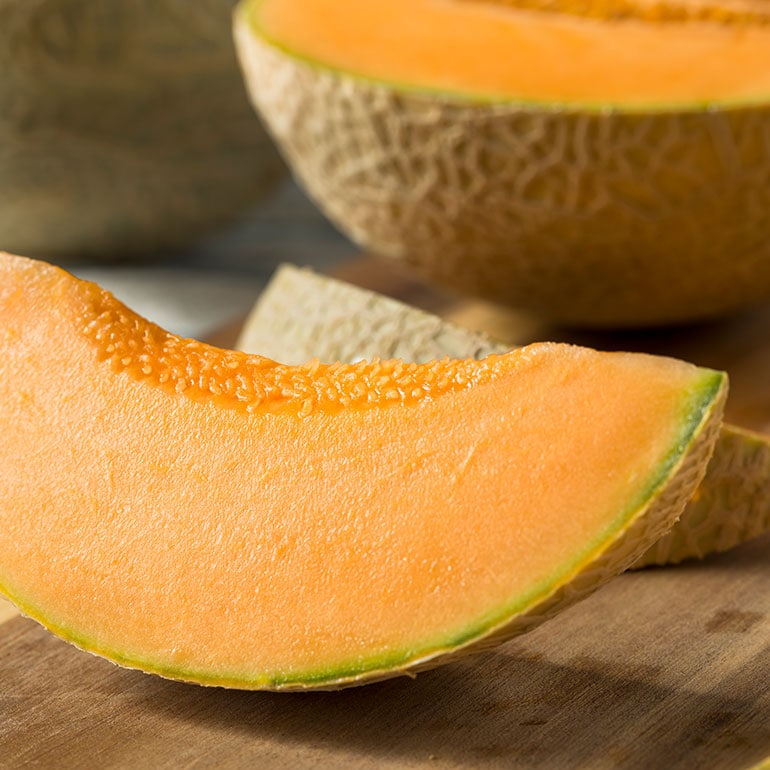
4 Eggs
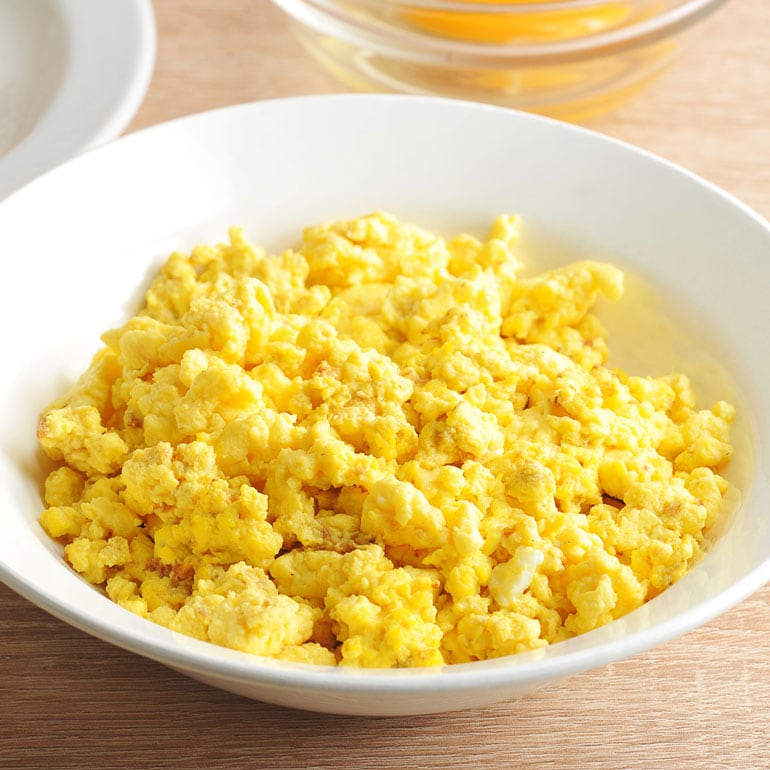
5 Fish Oils
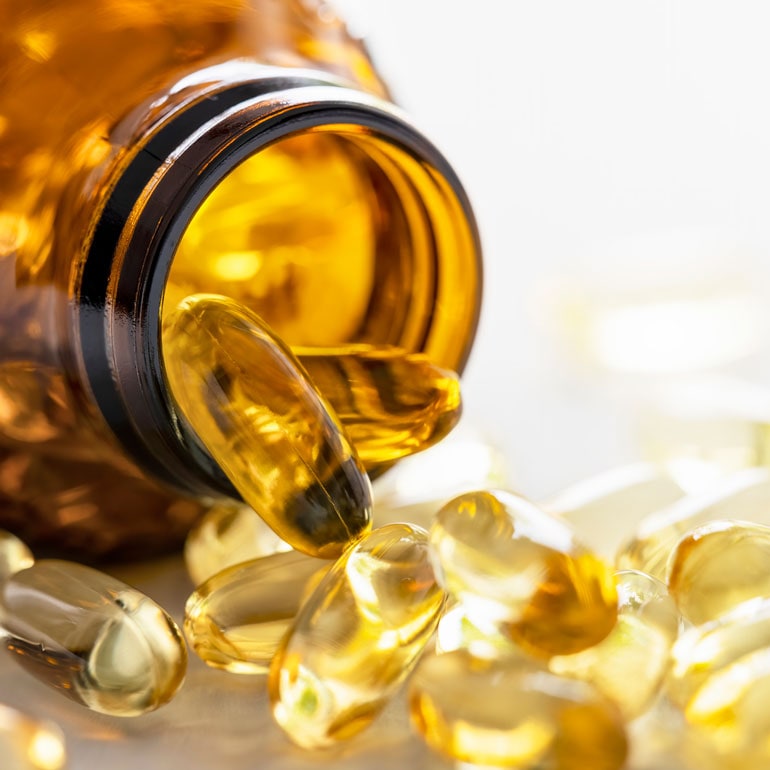
Start whipping out the fish oil cat supplements! According to Emmy-award winning veterinarian Dr. Jeff Werber, while pet parents tend to get away with giving their dogs people food more often than cats, fish oil is something that can help benefit both species. With a variety of options, including salmon and cod liver oil, the omega 3s in fish oil can help prevent dry skin in the winter and keep your cat’s coat healthy throughout the year.
Supplements made from wild-caught fish, like PetHonesty Omega-3 Fish Oil Immune, Joint & Skin & Coat Supplement for Dogs & Cats help support skin and coat health with natural fatty acids.
6Chicken
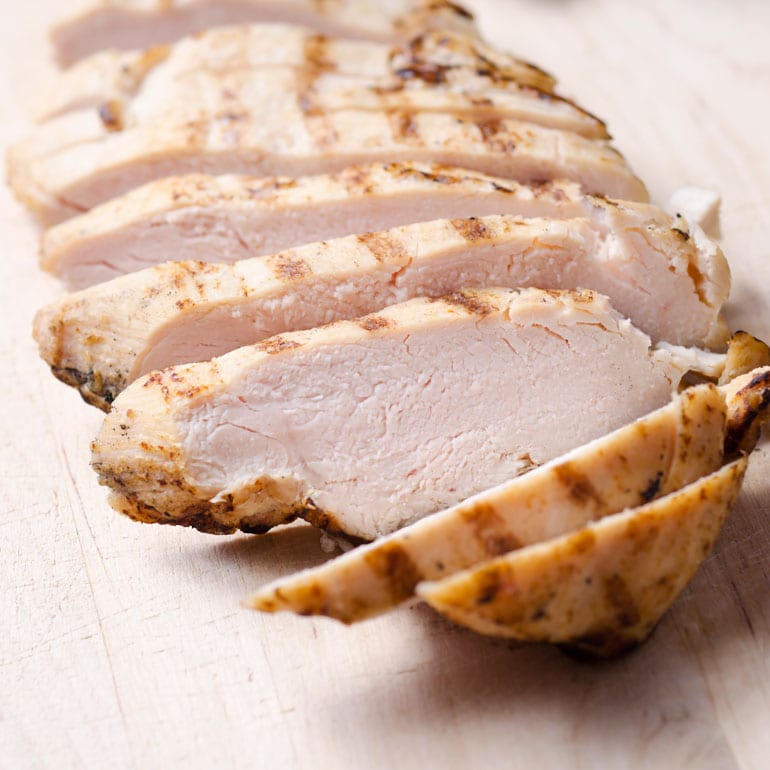
Because cats are obligate carnivores and require diets that contain mostly meat (unlike dogs who are omnivores and can live off of a variety of different foods), their bodies aren’t able to digest fibrous foods as easily as dogs and don’t always like the variety of people foods that dogs do, according to Werber. However, any type of meat, like chicken, is right up their alley.
A good source of lean protein, chicken can be a great choice for your cat, as long as it is cooked thoroughly and the skin, which can be fatty, is removed, Werber said. Chicken is another ingredient often found in commercial cat foods.
7Bananas
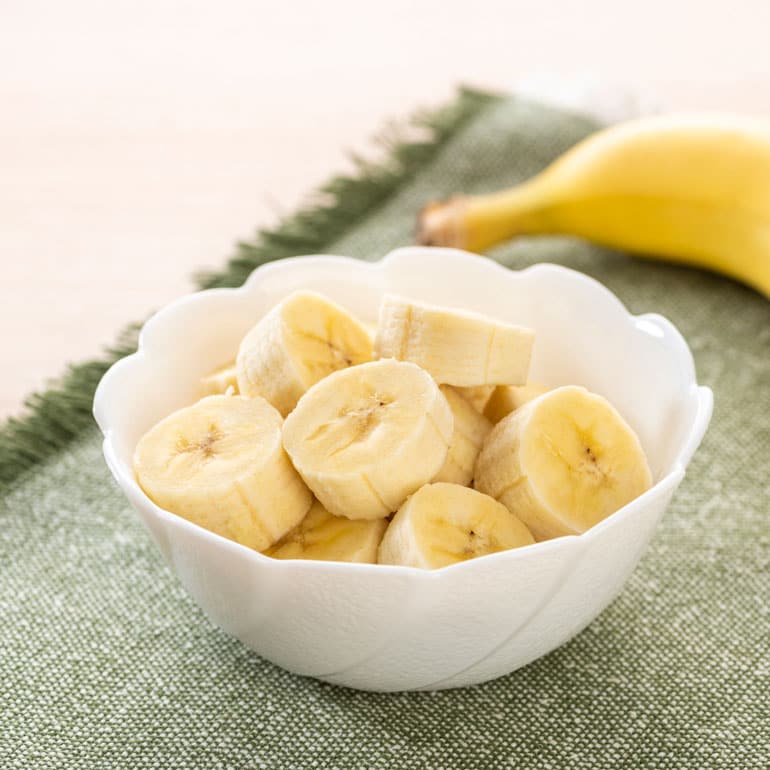
8Oatmeal
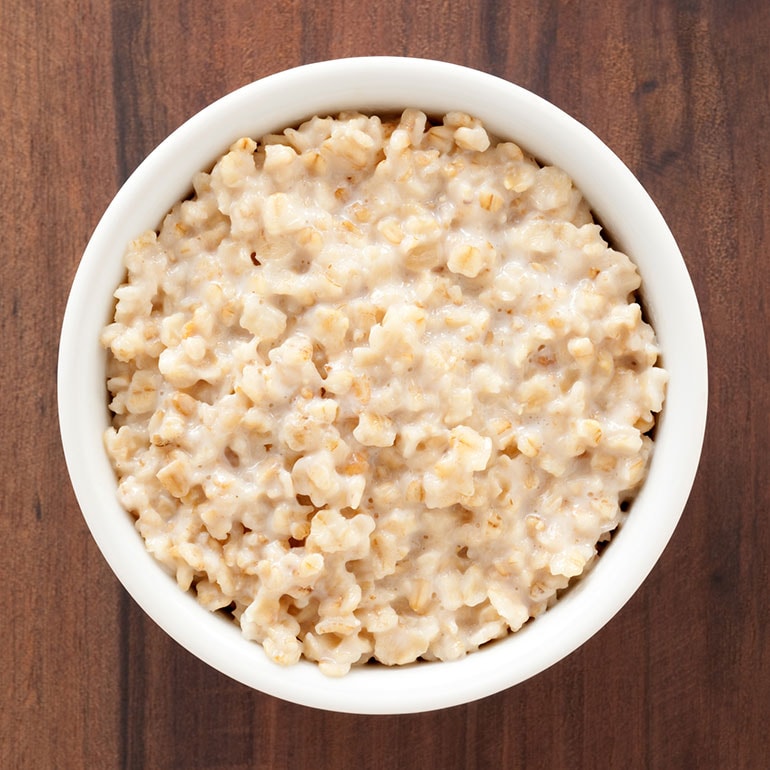
9Pumpkin
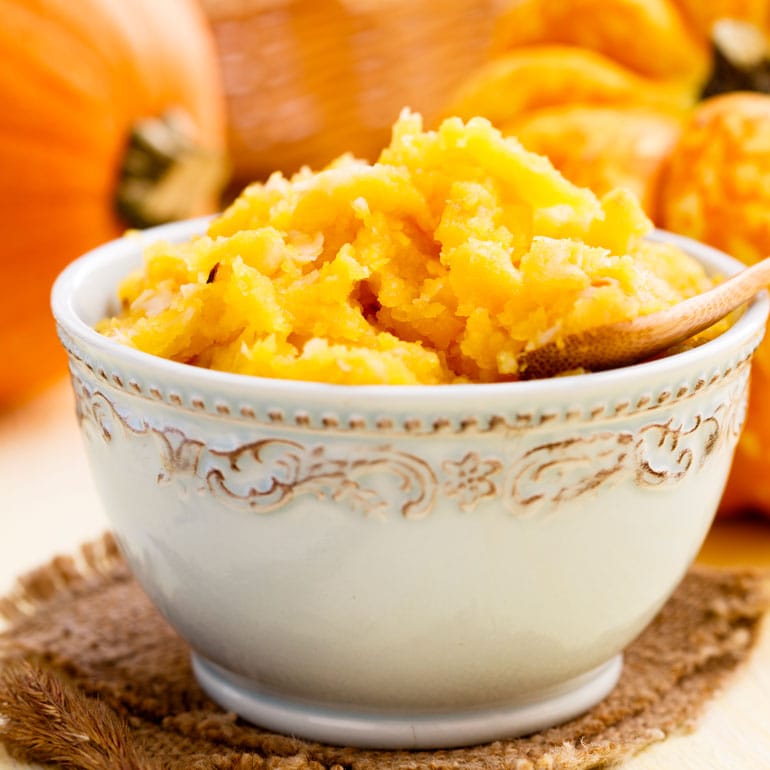
Can cats eat pumpkin? Not only is pumpkin low in calories and high in fiber, it is also be an effective treatment for cats who suffer from abnormal stools. You can incorporate pumpkin into cat treats since it’s both safe and healthy.
Commercially-available supplements for cats make it easy to introduce pumpkin into your feline’s diet. Weruva Pumpkin Patch up! dog and cat food supplement is a puree that supports stool quality and healthy gut mobility in single-serve pouches.
10Cheese
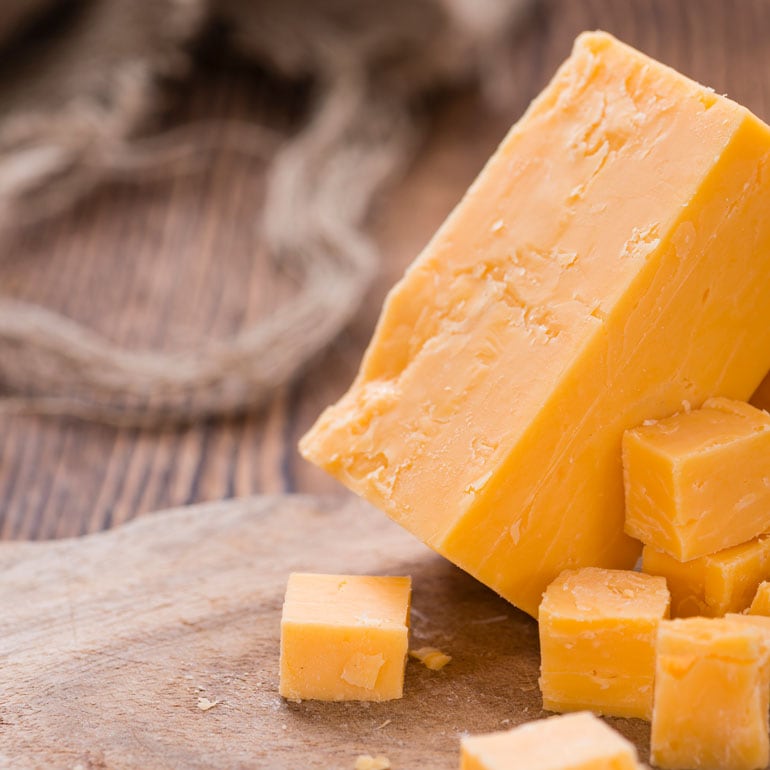
Are cats lactose intolerant or can cats handle some cheese from time to time?
If your cat shows an interest in this feline-friendly food, Dr. Wismer recommends feeding a hard cheese, like cheddar, Swiss or Gouda. These cheeses are high in calcium and protein and can be easily baked into treats or fed to your cat raw in small amounts.
11Bread
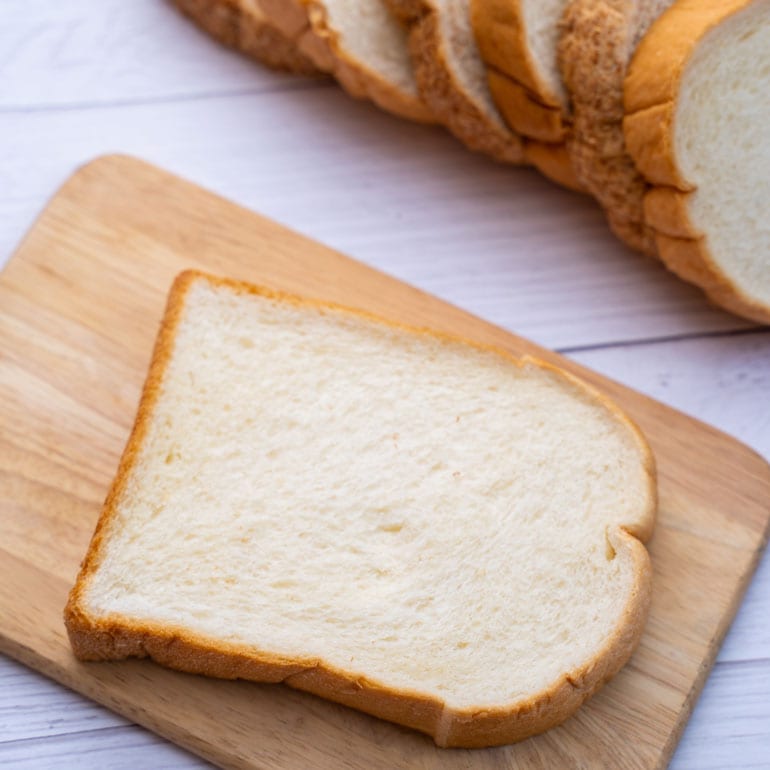
12Apples
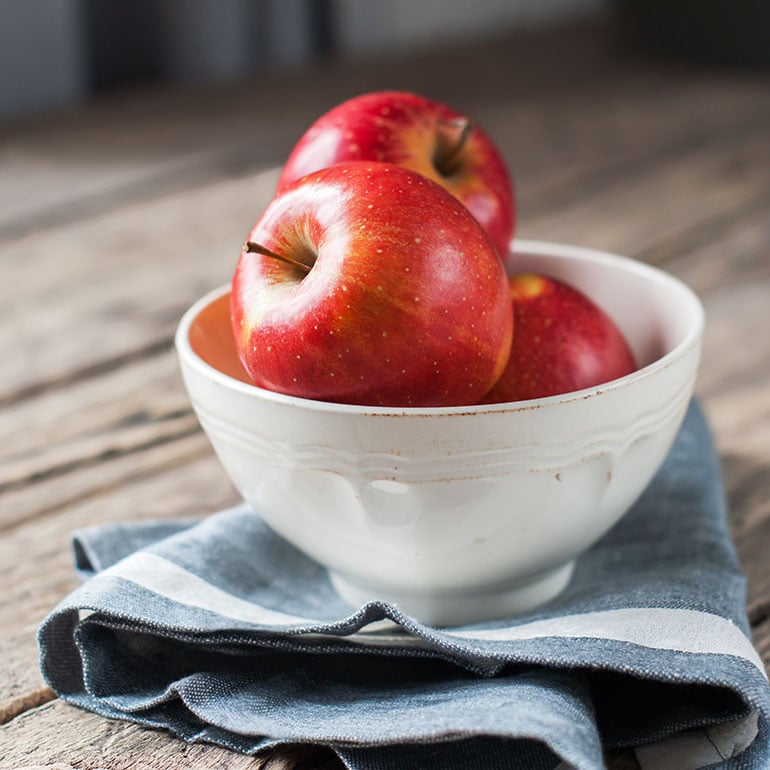
13Blueberries
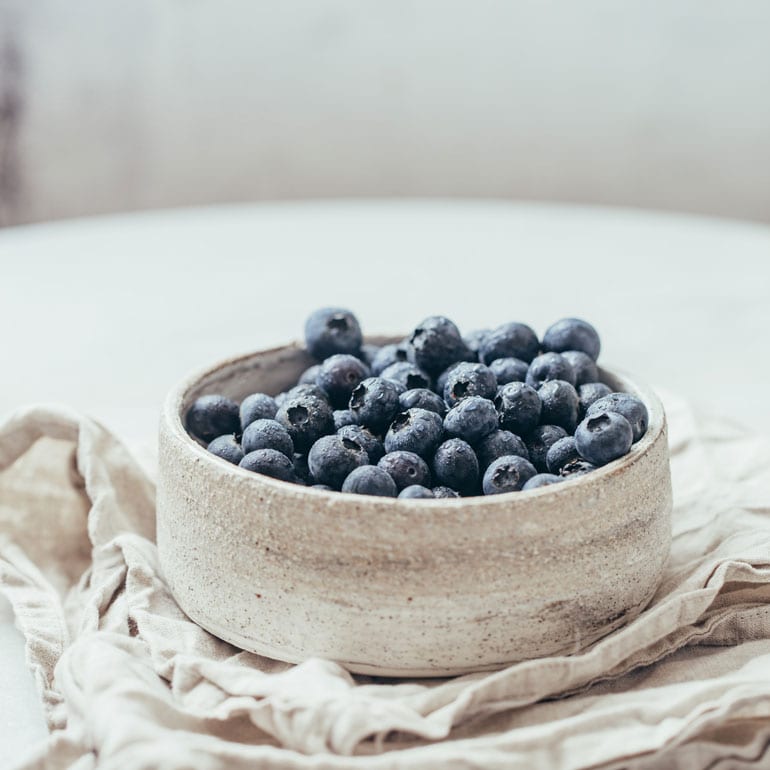
14Turkey
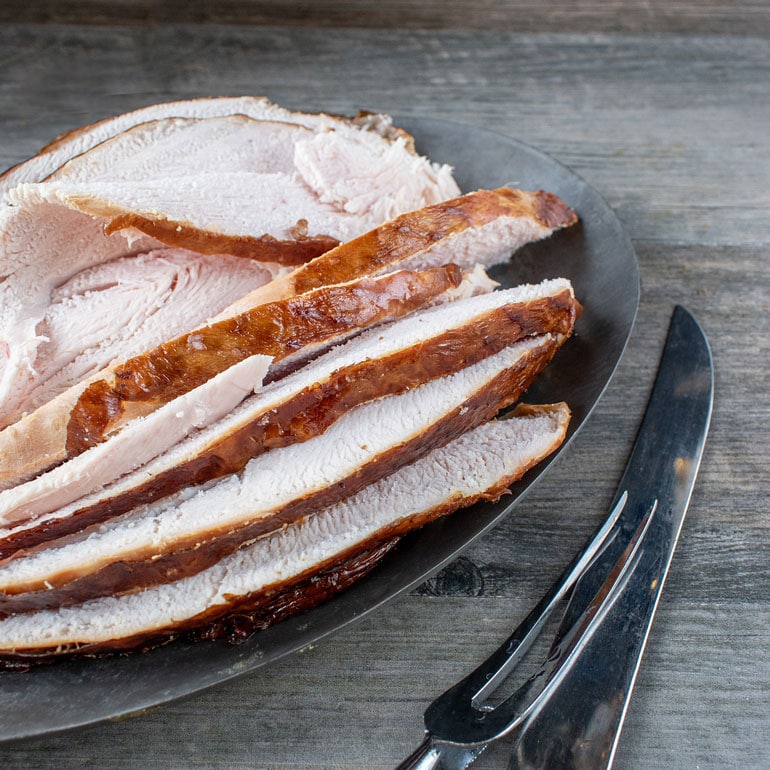
15Peas
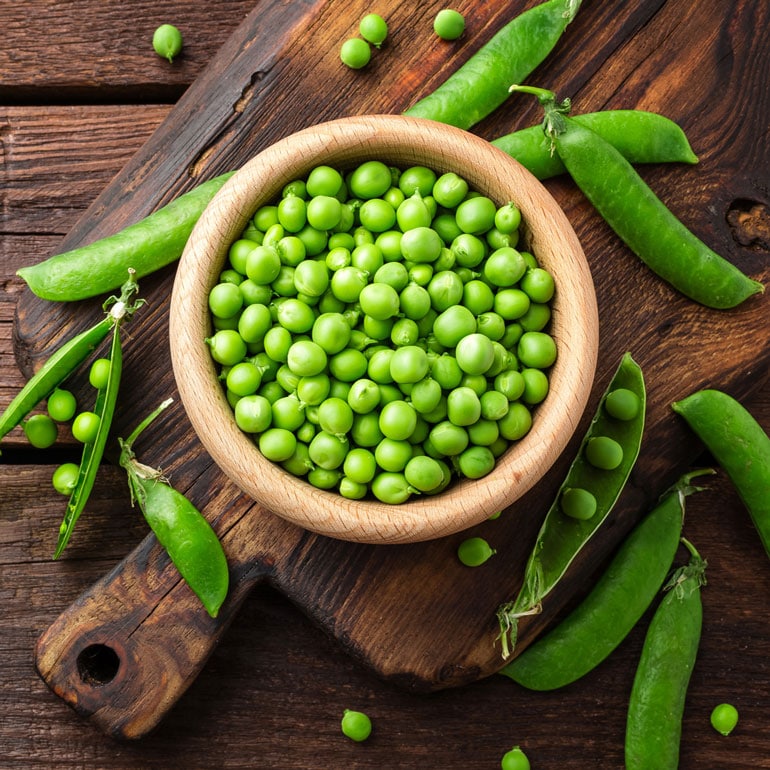
16Watermelon

17Strawberries

How to Feed Cats Human Foods
You’ll want to limit the amount of treats you give your cat each day, even if they’re healthy.
“Limit treats to 20 calories each day, [which] would be two teaspoons of cooked salmon or chicken or 25 blueberries, but you wouldn’t want to give them all of those berries,” Dr. Wismer said. “You can mix and match human food treats with cat treats to reach that number.”
If your cat seems to be gaining weight as a result of her human food treats, however, you’ll want to scale back on the amount of treats you’re feeding her, she added.
When introducing new foods to your cat, you should expect them to have a little bit of gastrointestinal upset, Dr. Werber says. If it’s a food they’ve never had before, their bodies may not be used to digesting it and they can be a little finicky about what they eat. Dr. Werber’s advice? Give them some variety to see what they like, make sure to do everything in moderation and avoid any type of seasonings. To ensure your kitty is receiving proper daily nutrition, continue feeding their cat food in addition to any human food snacks.
What else can cats eat?
Share:
